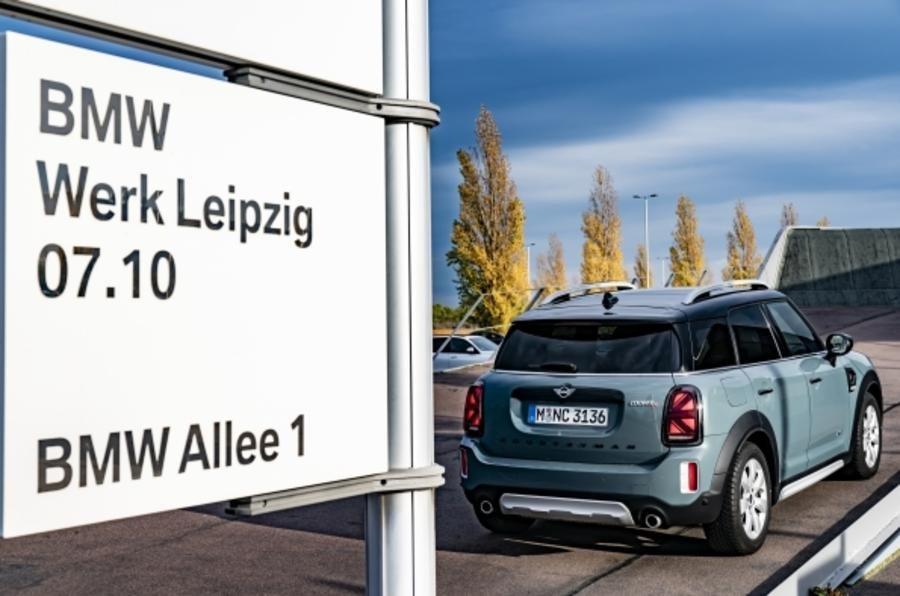The next-generation Mini Countryman, due to launch in 2023, will be built in Germany at parent firm BMW’s Leipzig plant.
Both the combustion-engined and electric versions of the new SUV will be built at the facility in Saxony, where the BMW 1 Series and 2 Series Active Tourer, which will share a platform with the next Countryman, are currently produced.
Leipzig will become the first plant in Germany to produce both BMW and Mini vehicles.
The new Countryman will be a key part of the fourth generation of Mini models since the brand came under BMW’s ownership and will follow shortly after the launch of a new three-door hatchback. Petrol versions of that model will continue to be built in the UK, with electric versions produced in China.
Mini is also developing a new compact crossover that will be built in China. Every Mini model from 2023 on will be offered with an electrified version.
Hans-Peter Kemser, the boss of the Leipzig plant, said: “Over the last few years, we have worked continuously to lead our plant into a successful future. This contract to produce the successor to the Mini Countryman gives us another major milestone to work towards.”
The Leipzig factory opened in 2005 and since 2013 has also housed production of the electric BMW i3. The German firm has recently invested around €300 million (£270m) in upgrades to expand capacity to around 350,000 units per year, including both ICE and electric vehicles.
BMW is planning a further €100m (£89m) in investment to add an e-drive components assembly facility, which is due to open in 2021 and will enable lithium ion batteries to be made there.
Production of the second-generation Countryman, which was launched in 2017, is currently contracted out to VDL Nedcar’s plant in Born, the Netherlands.

